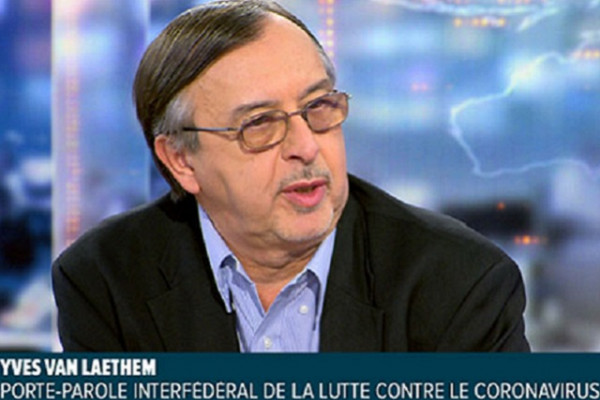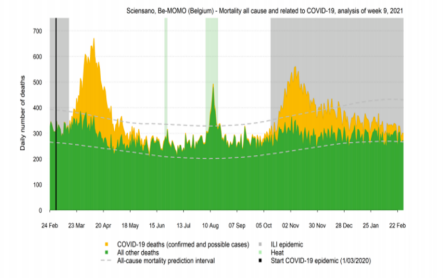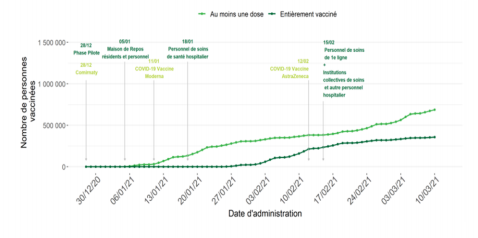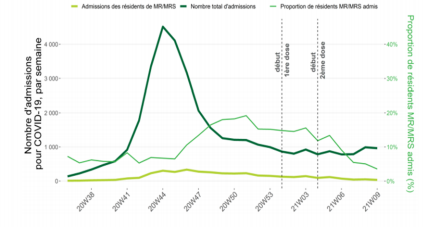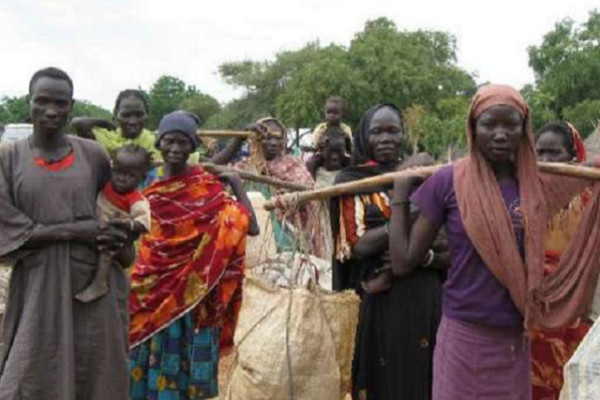In keeping with the Covid guidelines our March General Meeting will take place as a Zoom meeting (details to follow separately). We are fortunate to welcome Dr. Yves Van Laethem, the infectious disease specialist, who will discuss how life might change as more of us become vaccinated. He will also take questions from our members at the end of his presentation.
Here is an article to introduce our speaker:
YVES VAN LAETHEM: "I'M NOT A STAR BUT A REAL ZINNEKE"
Once unknown to the general public, Yves Van Laethem has become with the Covid crisis, and whatever he says about it, a star. After slipping through the screen as a consultant for RTL TVi, the infectious disease specialist took on a new dimension by becoming, at the end of April, the interfederal spokesperson for the fight against the coronavirus. Comedians parody him, cartoonists bite him, journalists tear themselves away, spectators drink his words. Let's go see who is hiding behind these sunglasses that have become… legendary.
Doctor Yves Van Laethem, 67 and a half, lives in a splendid villa nestled in the middle of the woods in Grez-Doiceau, in Walloon Brabant. "I have 52 ares to maintain, there is work to do! I just bought myself a big blower to collect oak leaves. " The cat Lara precedes us by entering through the kitchen. "She's 15, and our other cat, Noah, is 20. And how old would you give my mate, Clara?" She is 69 years old! In fact, we are all old back home! "
Because he says so. But in any case, not the style of sleeping in an armchair. Retired since 2017, after 40 years in internal medicine at CHU Saint-Pierre, doctor/professor Van Laethem continues to give lectures, to provide expert opinions for the medical accident fund, to chair the vaccination unit of the Superior Council of Health and above all, to present the daily evolution of the Covid epidemic in Belgium, as an interfederal spokesperson. He doesn't get paid for this job. “Just the kilometres. I must have a few thousand… ”.
Reprinted from an article by Françoise De Halleux for Sudinfo.be from 5 December 2020 in SudInfo.be.
Note: Content and images not intended for copyright infringement.
